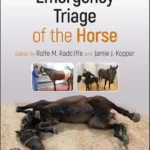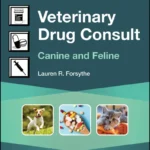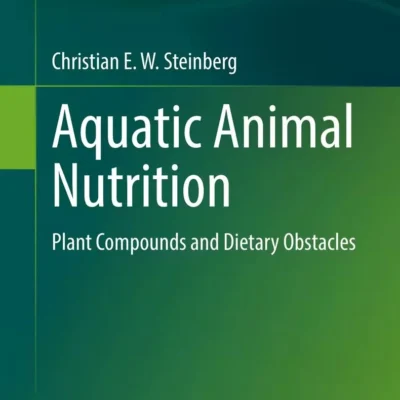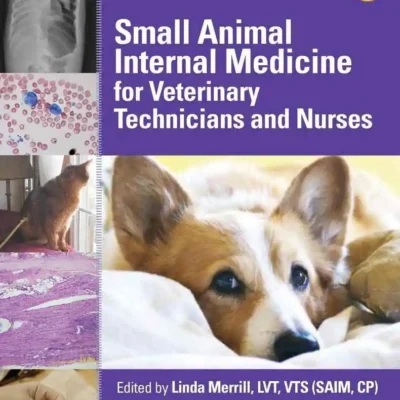Infectious Disease in Aquaculture: Prevention and Control
 by Brian Austin
by Brian Austin
April 2012
With an ever increasing demand for seafood that cannot be met by capture fisheries alone, growing pressure is being placed on aquaculture production. However, infectious diseases are a major constraint. Infectious disease in aquaculture: prevention and control brings together a wealth of recent research on this problem and its effective management.
Part one considers the innate and adaptive immune responses seen in fish and shellfish together with the implications of these responses for disease control. The specific immune response of molluscs and crustaceans is considered in depth, along with the role of stress in resistance to infection. Advances in disease diagnostics, veterinary drugs and vaccines are discussed in part two, with quality assurance, the use and effects of antibiotics and anti-parasitic drugs in aquaculture, and developments in vaccination against fish are explored. Part three focuses on the development of specific pathogen-free populations and novel approaches for disease control. Specific pathogen free shrimp stocks, developments in genomics and the use of bacteria and bacteriophages as biological agents for disease control are explored, before the management and use of natural antimicrobial compounds.
With its distinguished editor and expert team of contributors, Infectious disease in aquaculture: prevention and control provides managers of aquaculture facilities and scientists working on disease in aquaculture with a comprehensive and systematic overview of essential research in the prevention and control of infectious disease.
- Collates a wealth of recent research on infectious disease and its effective management in aquaculture production
- Considers the innate and adaptive immune responses seen in fish and shelfish and the implications for disease control
- Discusses advances in disease diagnostics, veterinary drugs and vaccines
PDF 4.49 MB







